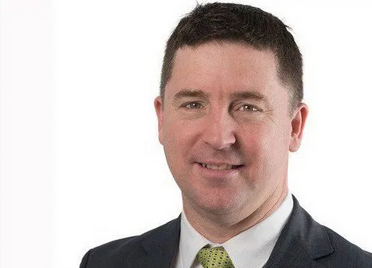Same sex marriage will soon become law
Same sex marriage will soon become law.
The survey result is clear and decisive – 61.6% of people nationally voted yes and 38.4% of people said no. The outcome is legitimate and the 79.5% participation of people voting is proof of that. There is a clear mandate now for the Parliament to introduce same sex marriage.
The religious freedom question though is this – when the law on marriage changes what do you do with people whose beliefs about marriage do not change? Is there freedom to hold, speak and express that view to be protected or to be punished?
Many are making an analogy with racist beliefs in the past, arguing that the law should be as strong as possible to rule out any discrimination. We think that is a false analogy. We think a better analogy is abortion. With abortion you have a contested right that divides the population. Although laws changed to make it legal and many argued this was a good outcome, there was still space given for dissent. The law was used not to enforce a new belief on abortion but to enable different beliefs to be held. Medical professionals with conscientious objection would be allowed to continue to practice and would not be asked to take part in procedures they could never agree with. The analogy isn’t perfect but does point us to the kind of choices lawmakers now have. It will be tempting for parliament to pass the simplest possible bill in the fastest time. But it should focus on getting the best possible bill as quickly as possible. If it doesn’t there is a real danger that these issues will simply shift from the parliament to the courts. The US Supreme Court and the Canadian Supreme Court are both about to hear significant cases on the balancing of religious freedom and same sex marriage. Both follow a long trail of litigation in lower courts. Clarity from the parliament now can help spare us that in the future.
Allowing for pluralism and recognition of freedom of belief and speech and association is the hard work that
makes for tolerant liberal democracy. It is much easier to have zero sum gain politics and no compromise and empathy for opponents. This is a challenge not just for lawmakers at what is already a politically difficult time, but for the LGBTI community who have been promised so much by the Yes campaign and won’t want to see anything less than total victory. It is a challenge for the church too who have largely been politically disengaged until this campaign – will they live in a politically pluralist space with an equal concern for the freedoms of all in the community?
Besides all the politics, and whatever the future holds, this is a deeply significant moment for thousands of LGBTI Australians. Understandably, they have felt that this is an opinion poll on what the country thinks of them. We need to work much harder at having better conversations and finding ways for people with different beliefs to speak well and live together. That doesn’t happen particularly well in political campaigns or in the fake news and social media silos or media bubbles. Far too much has happened through ignorance and caricature and a failure to listen charitably. The best moments have been the surprising insights we’ve seen through some of the conversations here – that there really are lots of yes voters who care deeply about religious freedom, that not all Christians are religious nutters who hate gays, that balancing rights is tricky, it can be hard to stand for the rights of people whose cause you don’t believe in personally, that extremists on both ends of this debate care little for the broader community.


